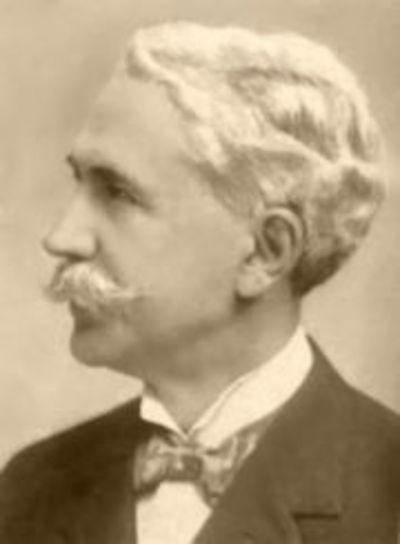On April 20, 2010 at the Graduate Center of the City University of New York (CUNY) a discourse on the Brazilian Parlimentary leader, Joaquim Nabuco, Angela Alonso will argue that Brazilian abolitionism configured a social movement, in the sense of a national network of anti-slavery activists, organizations and demonstrations. She will present that Nabuco operated as a broker between parliamentary and civil society activism, on one hand, and between the local activism and the global abolitionist network, on the other – bringing previous abolitionist movements, particularly the English one, into Brazilian activism strategies. Angela Alonso is a professor in the Department of Sociology at the University of São Paulo, Brazil; the coordinator of the Environmental Conflicts Area at Cebrap (Brazilian Centre of Analysis and Planning); and a researcher at the Development Research Centre on Citizenship, hosted by the University of Sussex (UK). Currently she is also a Visiting Fellow at Yale University and a Guggenheim Fellow. She has been studying the relations between culture and political action in Brazil, and has written two books on that subject.
PLEASE RESERVE by sending e-mail to bildner@gc.cuny.edu . For updates and further information about this and other events, please visit http://www.bildner.org - Bildner Center for Western Hemisphere Studies, The Graduate Center, CUNY, 365 Fifth Avenue, Suite 5209, New York, NY 10016. Phone: 212.817.2096 | Fax: 212.817.1540 Email: bildner@gc.cuny.edu
Joaquim Aurelio Barretto Nabuco de Araújo: (born Aug. 19, 1849, Recife, Braz. — died Jan. 17, 1910, Washington, D.C., U.S.) Leader of Brazil's abolitionist movement. Both in the national Chamber of Deputies (from 1878) and in the Brazilian Anti-Slavery Society, which he founded, Nabuco worked tirelessly to end slavery in Brazil. Emancipation was proclaimed in 1888, and in the ensuing economic disruption the emperor Pedro II was overthrown (1889) and a republic established. A monarchist, Nabuco retired from public life until 1900, when he accepted the republic and entered its service. As ambassador to the U.S. he distinguished himself as an advocate of Pan-Americanism.
EVENT: Brazilian Abolitionism, The Role of Joaquim Nabuco,
by Angela Alonso, Professor of Sociology,
University of São Paulo, Guggenheim Fellow 2009/2010.
Visiting Fellow, Yale University.
WHEN: Tuesday, April 20, 2010, 4:00 PM.
WHERE: The Graduate Center, Rooms C201/C202. 365 Fifth Avenue (@ 34th Street), New York City.

